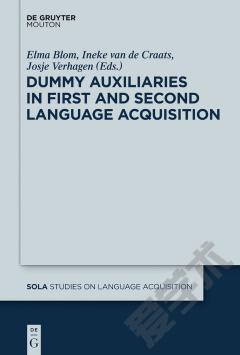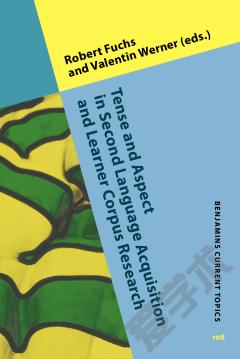Tense, aspect and mood in first and second language acquisition
Tense, aspect and mood have attracted much attention in the areas of both first and second language acquisition, but scholars in the two disciplines often fail to learn from each other. Western European languages have also been the focus of most studies, but there would be lessons to learn from less studied languages. This volume offers new insights on tense, aspect and mood by bringing together the findings of first and second language acquisition, and comparing child and adult, monolingual and multilingual learning processes that are approached from various theoretical points of view. In addition, it spans over a wide range of less studied languages (Bulgarian, Hebrew, Korean, Russian), and Western European languages are studied from new angles.
{{comment.content}}








 京公网安备 11010802027623号
京公网安备 11010802027623号